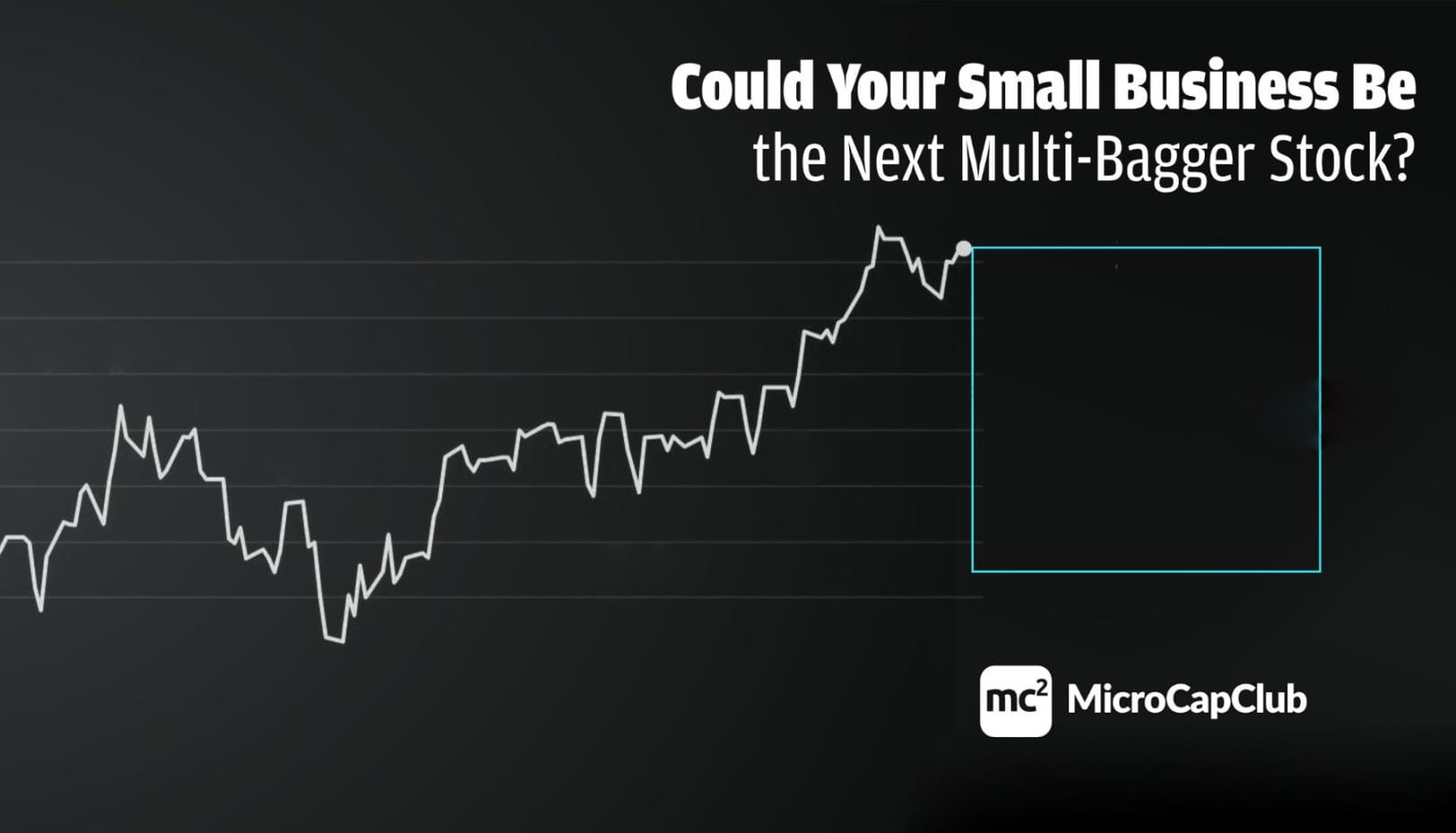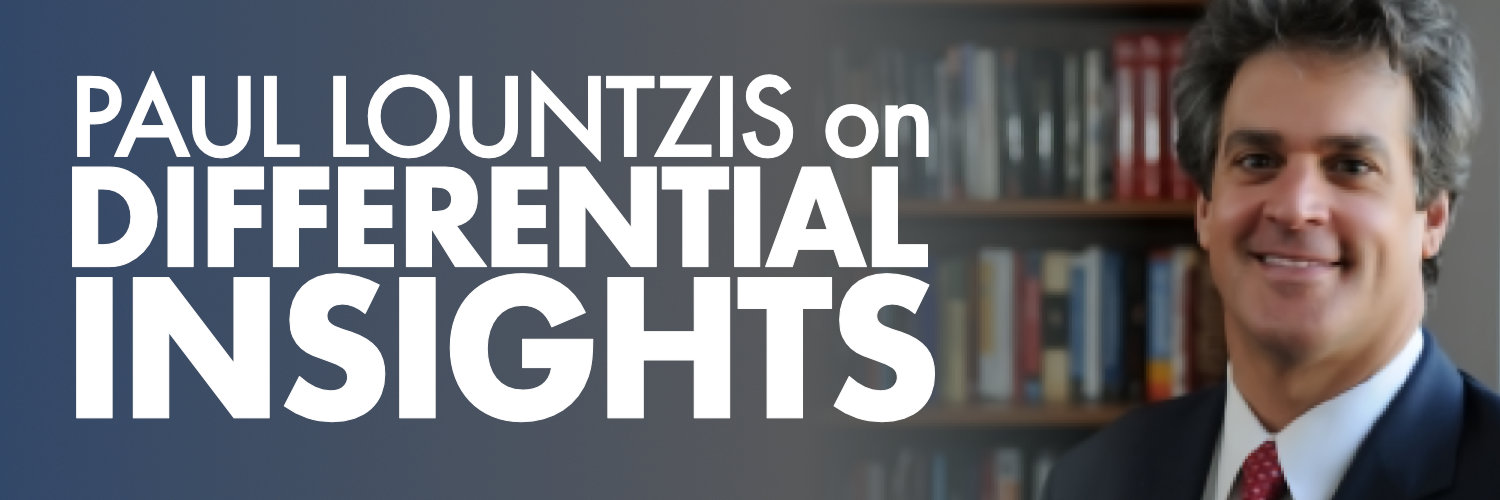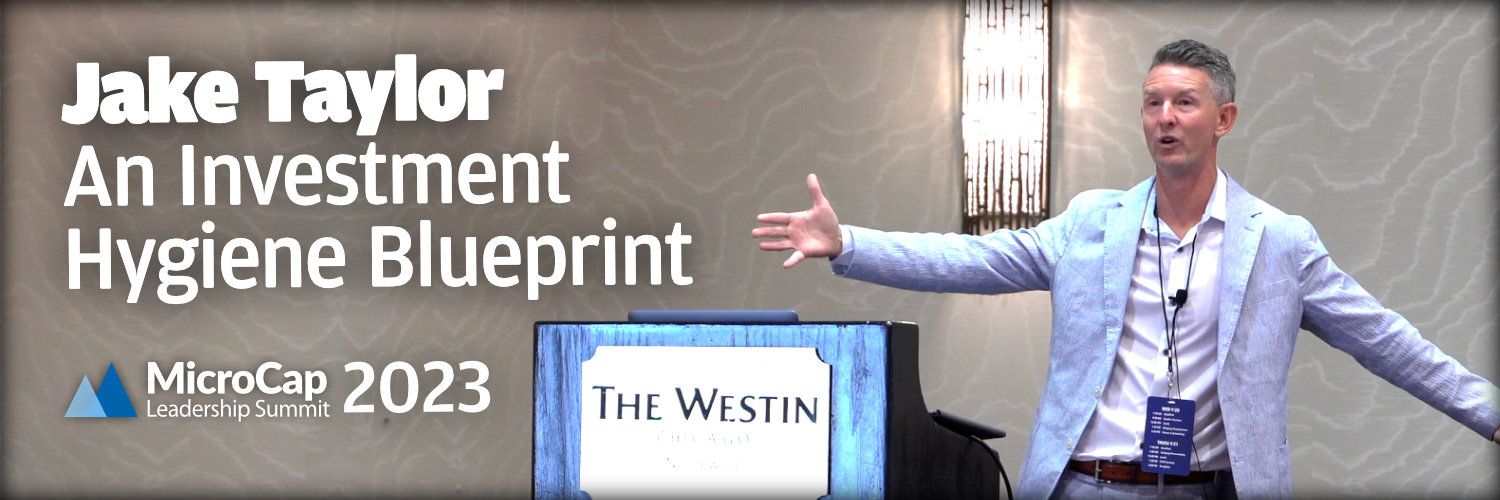
Could Your Small Business be the Next Multi-Bagger Stock?
Most of the multi-baggers that occur in the public markets are small businesses that look a lot like yours.
Paul Lountzis gave this presentation at the Microcap Leadership Summit 2016.

Over the last twenty years, technology and the internet has made financial information and secondary research a click-a-way for almost every investor. Today more than ever, investors need to focus on qualitative analysis, scuttlebutt, and field based research to gain an advantage. At our MicroCap Leadership Summit, value investor Paul Lountzis gave a great presentation on acquiring differential insights, those unique strategic insights that bring the numbers to life.
===> Interact and learn with 250+ of the best microcap investors on the planet. [Join Us]
Join us for the next MicroCap Leadership Summit
If you enjoyed this presentation, you will also find value in these:
Interview with Paul Lountzis: Investing & Scuttlebutt Research
The Art of Interviewing Management
Book Review: The Sleuth Investor by Avner Mandelman
MicroCapClub is an exclusive forum for experienced microcap investors focused on microcap companies (sub $500m market cap) trading on United States, Canadian, European, and Australian markets. MicroCapClub was created to be a platform for experienced microcap investors to share and discuss stock ideas. Since 2011, our members have profiled 1000+ microcap companies. Investors can join our community by applying to become a member or subscribing to gain instant view only access. MicroCapClub’s mission is to foster the highest quality microcap investor Community, produce Educational content for investors, and promote better Leadership in the microcap arena. For more information, visit http://microcapclub.com and https://microcapclub.com/summit/
Get Alerted to our Next Educational Blog Post

Most of the multi-baggers that occur in the public markets are small businesses that look a lot like yours.

I gave this keynote presentation at the SmallCap Discoveries Conference on October 11th, 2023.

Jake Taylor presented how investors can improve their investment hygiene at the MicroCap Leadership Summit on September 20th, 2023